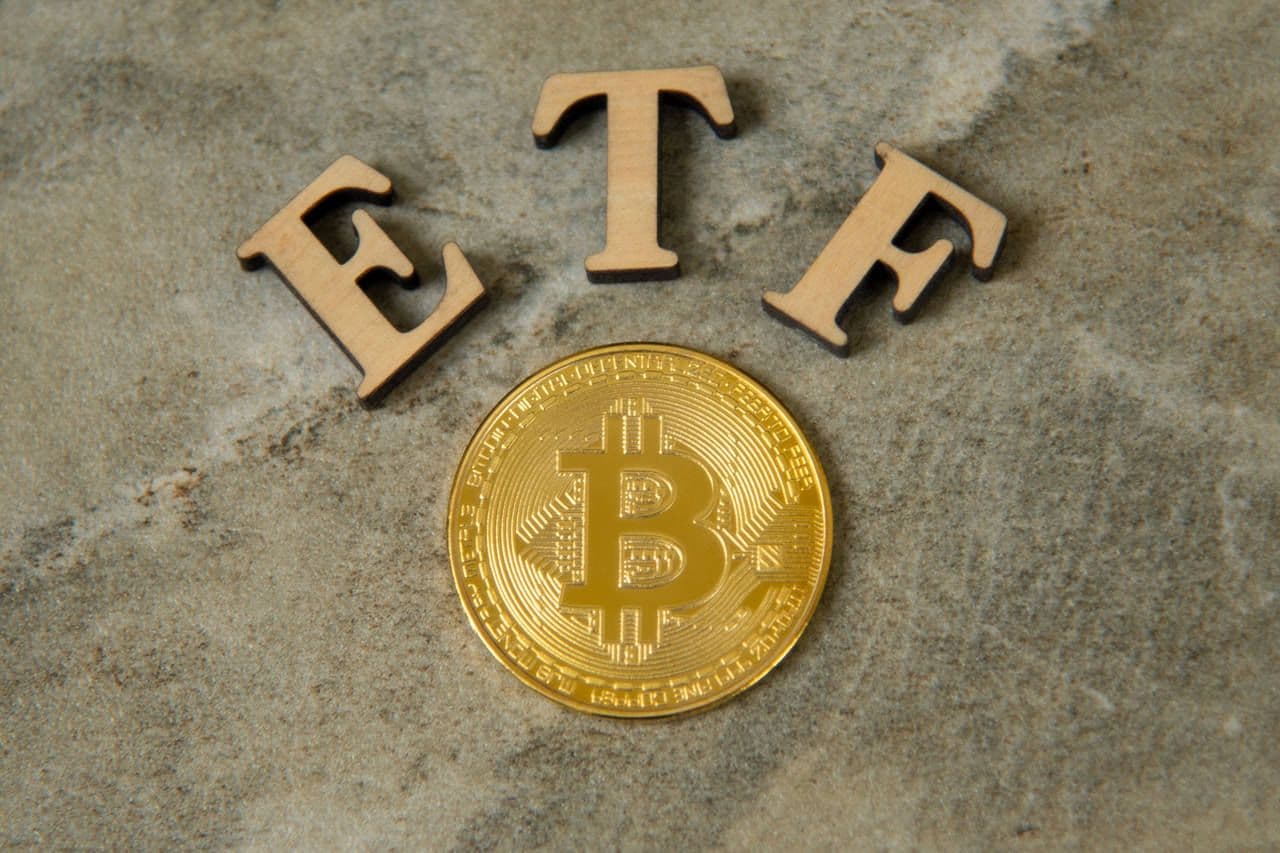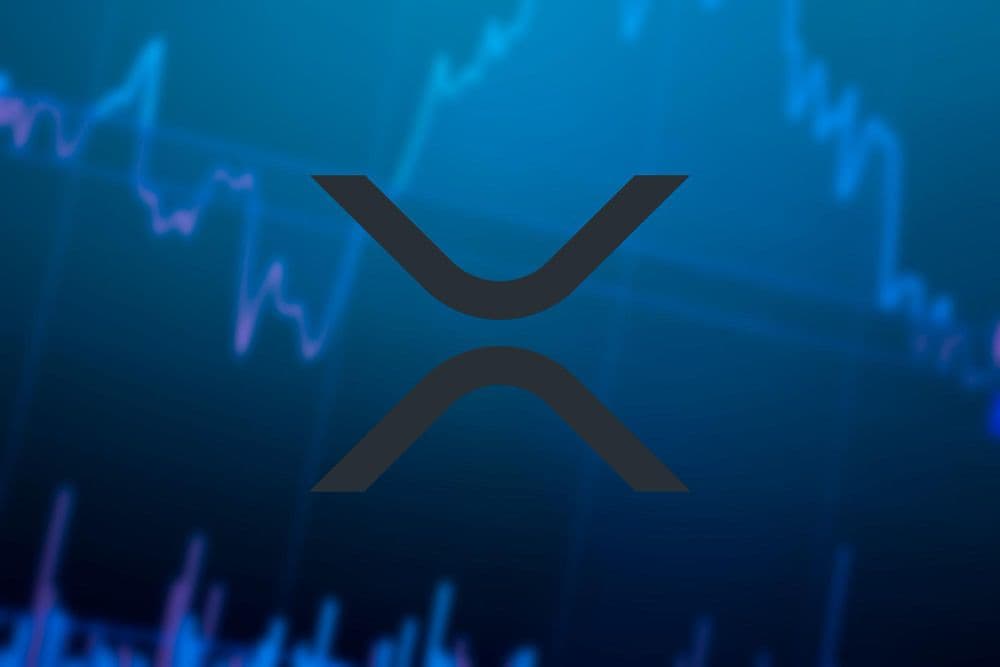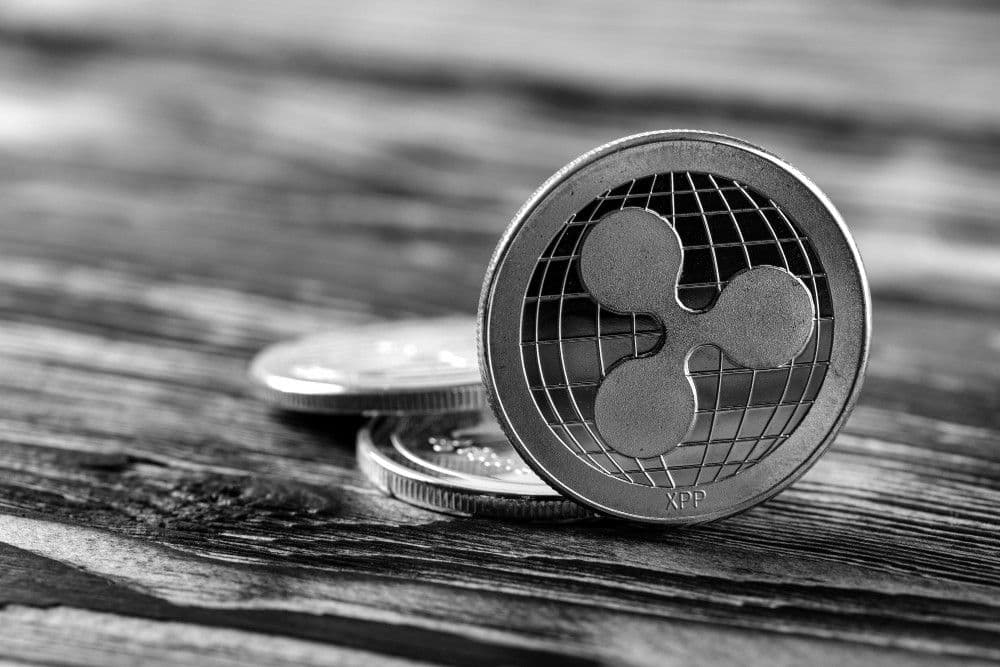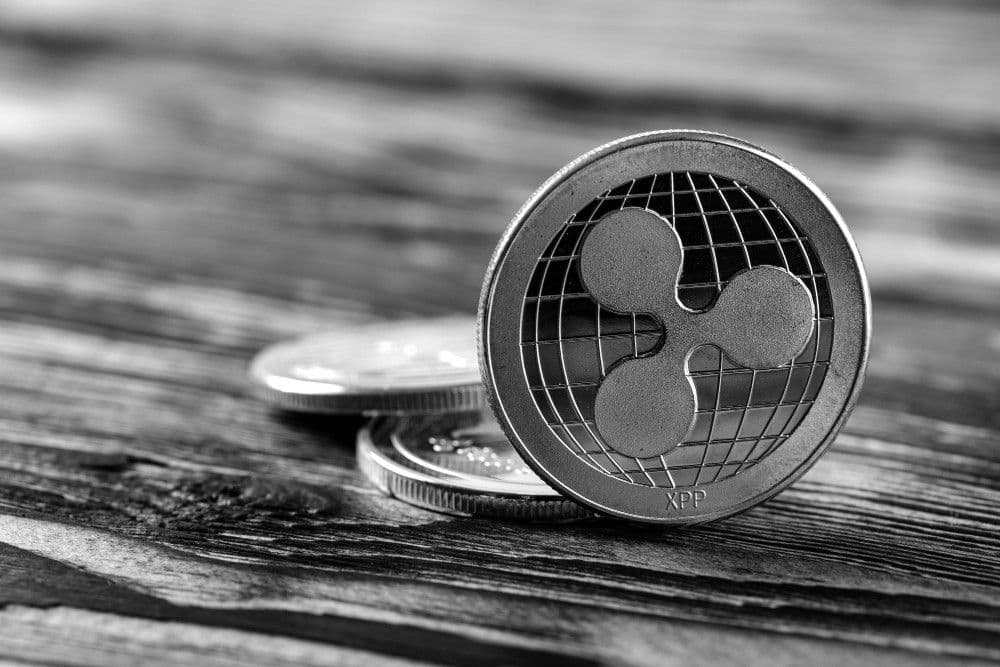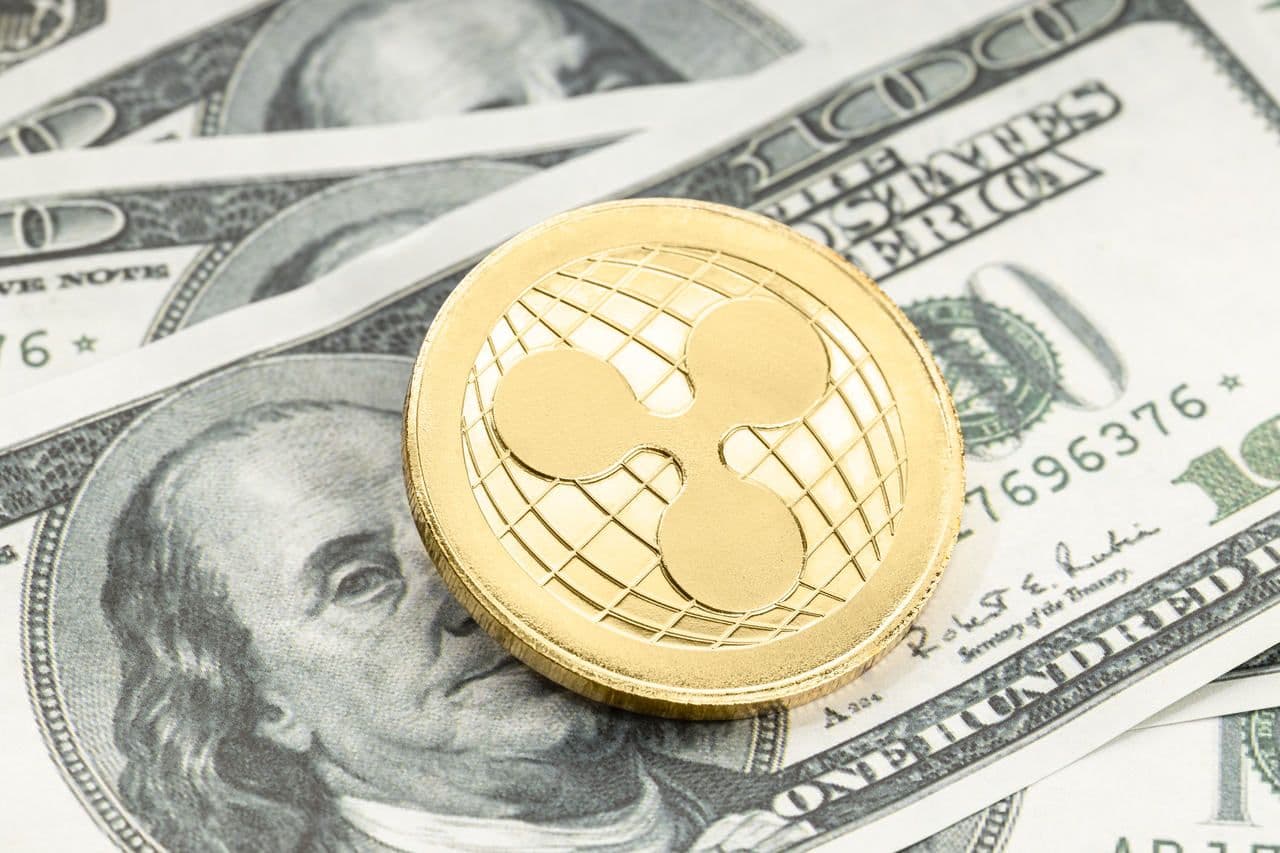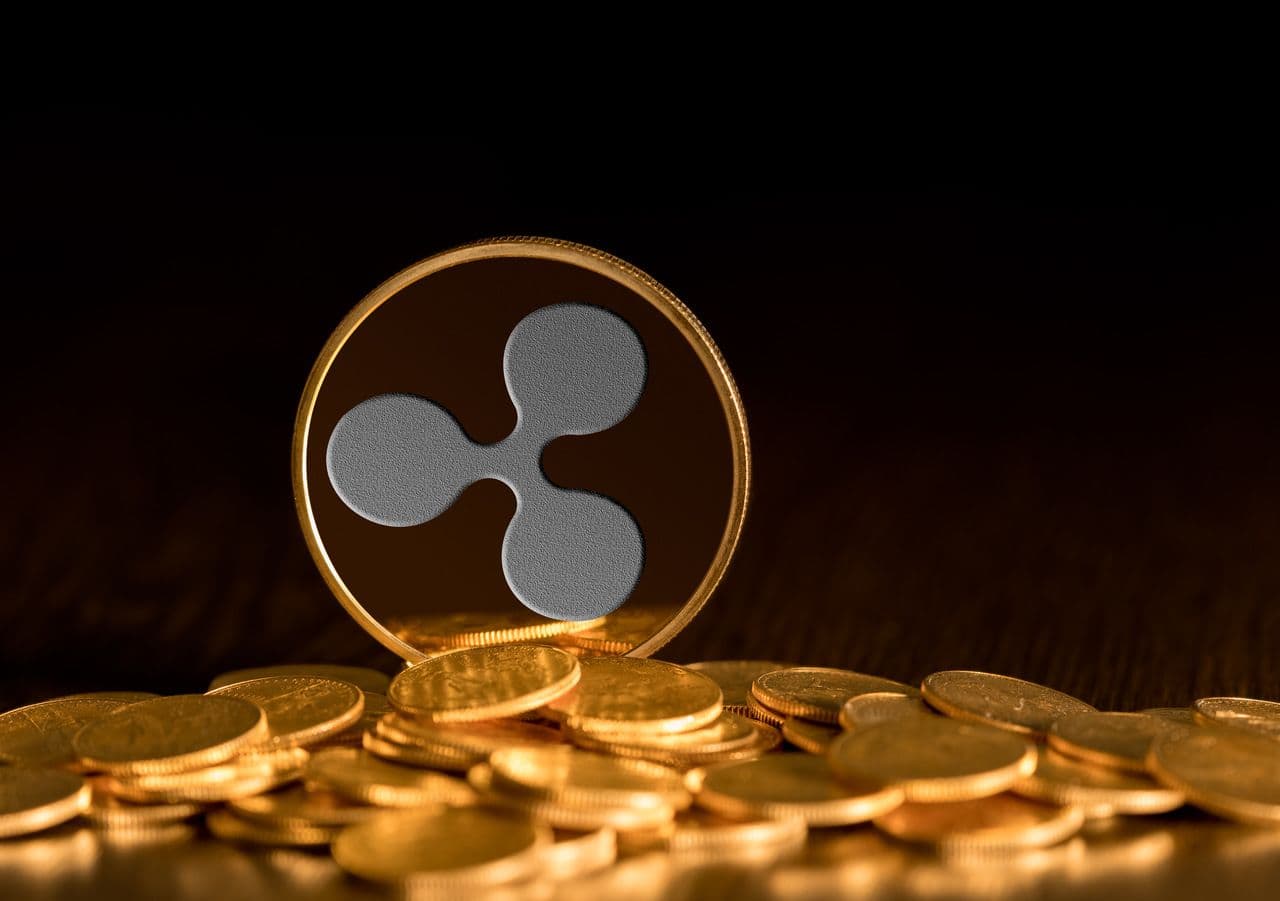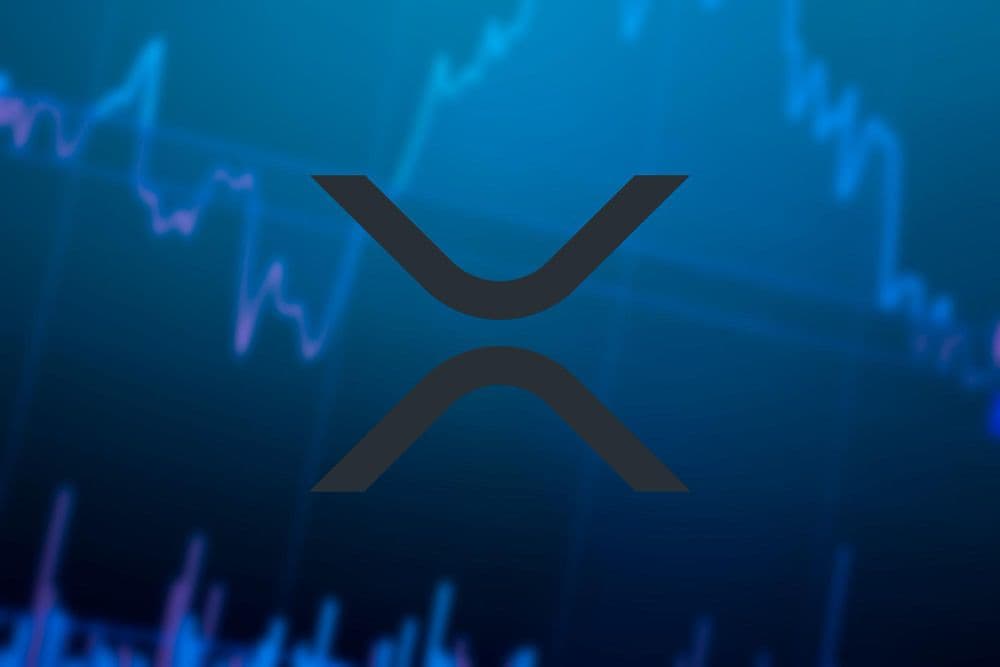Is Ripple (XRP) ETF Approval Next, Following Bitcoin (BTC) & Ethereum (ETH) ETFs Approval?
Following Bitcoin (BTC) ETF approval first, and later that of Ethereum (ETH) ETF, not long ago, which Altcoin will be next is what everyone is wondering. Could it be XRP?

The US approval of Bitcoin and Ethereum exchange-traded funds (ETFs) has sparked speculation about the next cryptocurrencies to receive similar recognition. Ripple's XRP is a strong contender, but its ongoing legal battle with the Securities and Exchange Commission (SEC) presents significant hurdles. Meanwhile, Ripple's global collaborations, including a promising partnership with the Republic of Georgia, illustrate its commitment to driving digital financial innovation.
Ripple’s (XRP) ETF Prospects
The approval of Bitcoin and Ethereum ETFs has investors keenly watching for the next cryptocurrency to gain regulatory approval. Ripple (XRP) is at the forefront of this speculation, bolstered by the optimism of its CEO, Brad Garlinghouse, who believes an XRP ETF is "inevitable." Garlinghouse anticipates the crypto market reaching a $5 trillion valuation, driven by diverse and successful projects within the decentralized finance sector.
Despite the optimism, the ongoing legal case between Ripple and the SEC over unregistered securities sales could delay or prevent the approval of an XRP ETF. This case, originating from allegations that Ripple raised over $1.3 billion through an unregistered securities offering in 2013, has created substantial uncertainty. The SEC argues that Ripple failed to file necessary registration documents, while Ripple maintains that XRP should not be classified as a security.
Ripple (XRP) and SEC Short-Term Future: Lawsuit or ETF Approval?
The SEC vs. Ripple case has been a focal point for the cryptocurrency community. In July 2023, a court ruling determined that XRP is not a security when sold to the public on exchanges, though it is considered a security when sold to institutional investors. By October 2023, the SEC dropped all charges against Ripple's executives but continued seeking remedies for the alleged unregistered securities sales.
In May 2024, the SEC's final response reiterated its stance that Ripple's profits were ill-gotten. Despite this, Ripple's leadership remains optimistic, with Ripple President Monica Long hinting at the potential launch of a Ripple stablecoin by the end of the year. This stablecoin, backed 1-to-1 by US dollar deposits and other low-risk investments, aims to provide a reliable alternative to existing stablecoins like Tether (USDT) and Circle (USDC).
Ripple’s Global Collaborations
Beyond its legal challenges in the US, Ripple is making significant strides globally. One notable collaboration is with the National Bank of Georgia (NBG), aiming to digitize Georgia's economy. Representatives from NBG and Ripple, including Vice President James Wallis and CBDC expert Anthony Welfare, recently discussed integrating Ripple's blockchain solutions into Georgia's financial infrastructure.
Ripple's technology is also pivotal in NBG's digital lari pilot project, initiated in 2023. This collaboration highlights Georgia's commitment to becoming a hub for peer-to-peer and blockchain technologies, following a similar agreement with Tether to foster innovation and economic development.
Ripple’s journey towards ETF approval is complex and fraught with legal obstacles. However, its global partnerships and innovative initiatives, like the potential launch of a stablecoin and collaboration with Georgia’s central bank, underscore Ripple’s strategic vision. As the cryptocurrency market evolves, Ripple's multifaceted approach positions it as a key player in driving digital financial transformation. And these latest news might have been the reason behind its positive performance amid the downfall of most cryptos.












